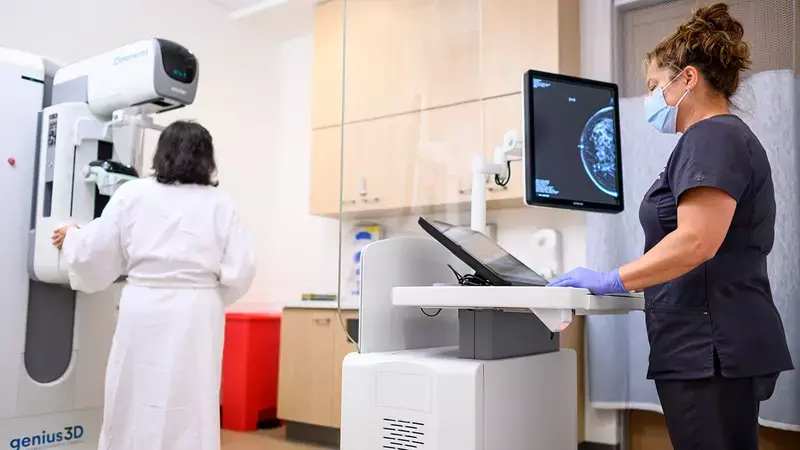- Home
- Medical news & Guidelines
- Anesthesiology
- Cardiology and CTVS
- Critical Care
- Dentistry
- Dermatology
- Diabetes and Endocrinology
- ENT
- Gastroenterology
- Medicine
- Nephrology
- Neurology
- Obstretics-Gynaecology
- Oncology
- Ophthalmology
- Orthopaedics
- Pediatrics-Neonatology
- Psychiatry
- Pulmonology
- Radiology
- Surgery
- Urology
- Laboratory Medicine
- Diet
- Nursing
- Paramedical
- Physiotherapy
- Health news
- Fact Check
- Bone Health Fact Check
- Brain Health Fact Check
- Cancer Related Fact Check
- Child Care Fact Check
- Dental and oral health fact check
- Diabetes and metabolic health fact check
- Diet and Nutrition Fact Check
- Eye and ENT Care Fact Check
- Fitness fact check
- Gut health fact check
- Heart health fact check
- Kidney health fact check
- Medical education fact check
- Men's health fact check
- Respiratory fact check
- Skin and hair care fact check
- Vaccine and Immunization fact check
- Women's health fact check
- AYUSH
- State News
- Andaman and Nicobar Islands
- Andhra Pradesh
- Arunachal Pradesh
- Assam
- Bihar
- Chandigarh
- Chattisgarh
- Dadra and Nagar Haveli
- Daman and Diu
- Delhi
- Goa
- Gujarat
- Haryana
- Himachal Pradesh
- Jammu & Kashmir
- Jharkhand
- Karnataka
- Kerala
- Ladakh
- Lakshadweep
- Madhya Pradesh
- Maharashtra
- Manipur
- Meghalaya
- Mizoram
- Nagaland
- Odisha
- Puducherry
- Punjab
- Rajasthan
- Sikkim
- Tamil Nadu
- Telangana
- Tripura
- Uttar Pradesh
- Uttrakhand
- West Bengal
- Medical Education
- Industry
Breast arterial calcification predicts increased risk of stroke and coronary artery disease

A new study published in the Journal of North American Menopause Society suggests that the presence of breast arterial calcifications (BACs) on regular screening mammography was linked with a considerably elevated risk of having coronary artery disease (CAD) and stroke.
According to the study backdrop, routine mammography is widely acknowledged in breast cancer screening and finds breast artery calcification in 14% of women who receive screening mammography. Breast artery calcifications, on the other hand, are rarely included on mammography reports since there is no known link between BAC and breast cancer. However, this coincidental discovery might be used as a CVD risk classification tool. As a result, Mathew Nudy and colleagues undertook this study to determine if the presence of breast artery calcifications detected on standard mammography is connected with the development of cardiovascular disease events following a 10-year follow-up period.
Women reporting for screening mammography were included in this prospective cohort for this investigation. Baseline data were gathered, including CVD history and CVD risk factors. The presence or absence of BAC was determined using mammograms. Participants returned questionnaires ten years later to assess the progression of CVD (CAD and stroke) and CVD risk variables.
The key findings of this study were:
1. Complete 10-year follow-up data were available for 1,039 of the 1,995 people who participated at baseline; of those, 114 (11.0%) were BAC-positive at baseline and 925 (89.0%) were BAC-negative.
2. After correcting for age, BAC-positive women were more likely than BAC-negative women to have CAD after 10 years of follow-up.
3. After adjusting for age, BAC-positive women were more likely than BAC-negative women to have had a stroke after 10 years.
In conclusion, the authors look forward to large, population-based, prospective studies to validate the link between BAC and CVD and to further understand what role BAC may have in stratifying a woman's CVD risk.
Reference:
Nudy, M., Asmaro, R., Jiang, X., & Schnatz, P. F. The association between incidentally found breast arterial calcification on routine screening mammography and the development of coronary artery disease and stroke: results of a 10-year prospective study. Menopause (New York, N.Y.). https://doi.org/10.1097/GME.0000000000002088
Neuroscience Masters graduate
Jacinthlyn Sylvia, a Neuroscience Master's graduate from Chennai has worked extensively in deciphering the neurobiology of cognition and motor control in aging. She also has spread-out exposure to Neurosurgery from her Bachelor’s. She is currently involved in active Neuro-Oncology research. She is an upcoming neuroscientist with a fiery passion for writing. Her news cover at Medical Dialogues feature recent discoveries and updates from the healthcare and biomedical research fields. She can be reached at editorial@medicaldialogues.in
Dr Kamal Kant Kohli-MBBS, DTCD- a chest specialist with more than 30 years of practice and a flair for writing clinical articles, Dr Kamal Kant Kohli joined Medical Dialogues as a Chief Editor of Medical News. Besides writing articles, as an editor, he proofreads and verifies all the medical content published on Medical Dialogues including those coming from journals, studies,medical conferences,guidelines etc. Email: drkohli@medicaldialogues.in. Contact no. 011-43720751


